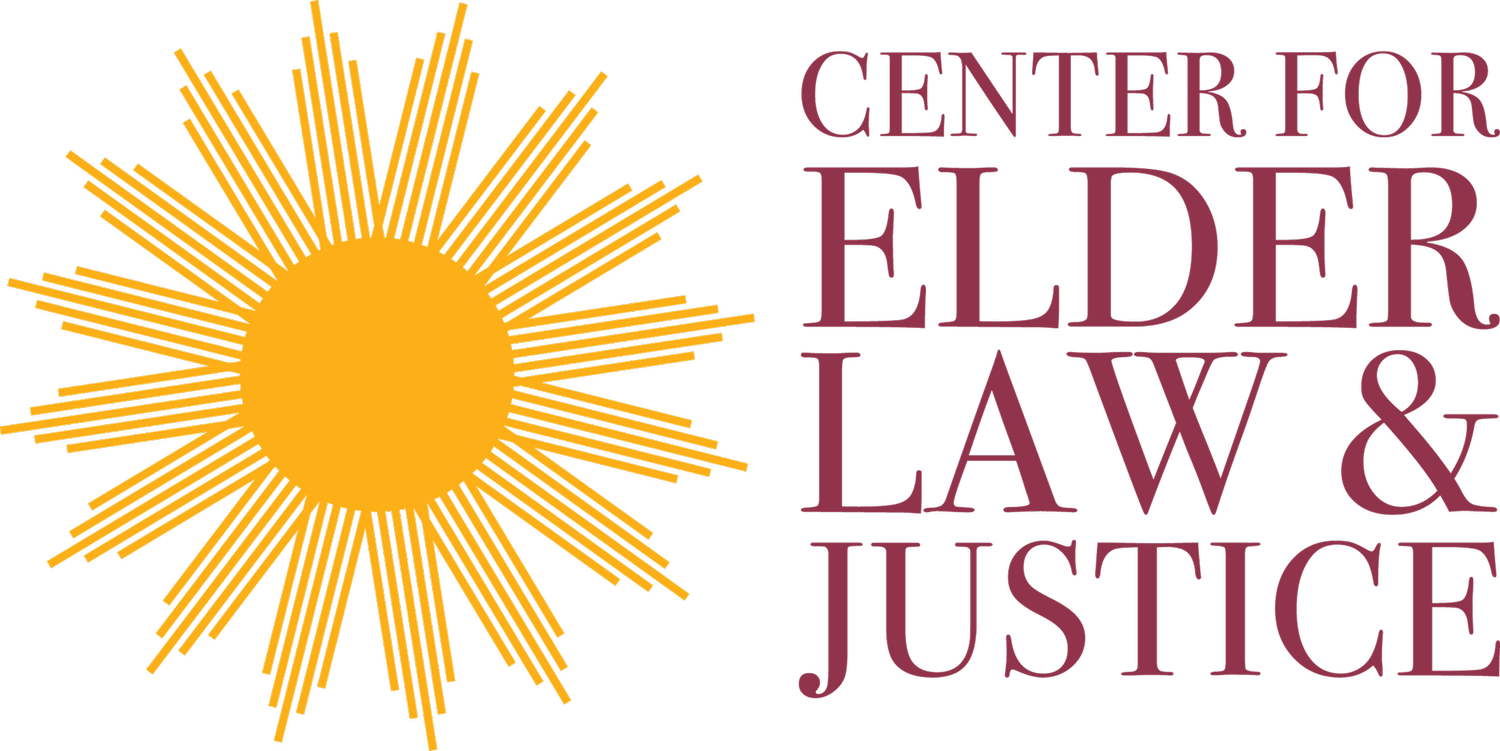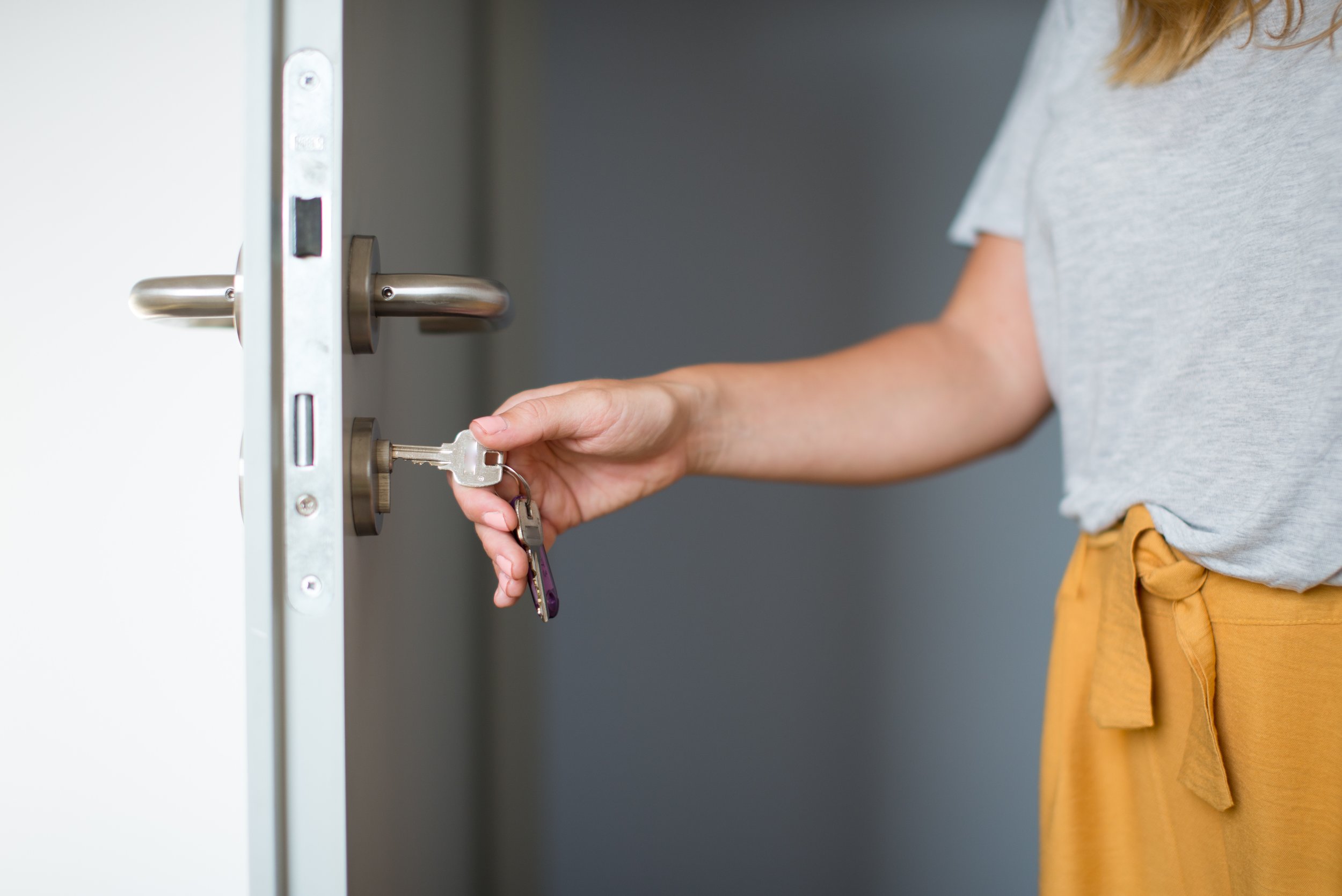My landlord changed the locks: is that allowed?
Even prior to the Covid-19 Pandemic, and the state and federal Eviction Moratoriums, the Center for Elder Law & Justice has assisted clients who were illegally removed from their apartment or home without the proper court proceedings or notices (see below). This is can be called a constructive or illegal eviction, or simply an illegal lockout. When New York State implemented stronger protections for tenants under the Housing Stability and Tenant Protection Act of 2019, it also created a Class A misdemeanor for an unlawful eviction, along with civil penalties between $1,000 to $10,000 per violation.
If you have a lease or have lawfully been occupying your apartment for 30 days or more, you have protection from unlawful evictions. In addition to tenants who occupy their dwelling as part of a current oral or written lease, anyone who has lawfully occupied premises for 30 days is entitled to protection from unlawful eviction, including: Tenants whose leases have expired; Family members who have been in the unit for at least 30 days and roommates or other licensees of tenants and occupants who have been in the apartment for at least 30 days; and workers who have been provided housing as a part of their job.
Your landlord must provide written notice before any eviction. Proper notice for a non-payment eviction includes:
Notice in writing if rent is more than 5 days late
Second notice giving you 14 days to pay rent owed or leave
After proper notice, landlords can file for an eviction proceeding with the court. You will receive:
A notice with your court date
The reason the landlord is seeking to evict you
You landlord must also provide notice in writing if they do not plan to renew your lease. Depending on how long you have lived in your apartment, you will have either 30, 60, or 90 days to leave. You can read more about specific tenants in New York State within the Residential Tennants’ Rights Guide.
Illegal methods to evict a resident can include:
Using or threatening to use force
Making an apartment unenjoyable for the resident
Removing belongings, utilities, the door, or changing the locks.
If your landlord used any of these, you may be the victim of an illegal lockout.
Any person who intentionally violates or assists in the violation of any of these protections under this law shall be guilty of a class A misdemeanor. Each such violation is a separate and distinct offense.
If you believe you have a claim for unlawful eviction, you can begin collecting useful evidence for your claim. Proof of your lawful tenancy includes a written lease; communications between the landlord and tenant with intent to create a rental agreement; proof of rent payments; utility bills proving occupancy; mail with your dwelling’s address that is dated more than 30 days prior; or paystubs or other documents that demonstrate you live in your apartment.
The law does not limit criminal liability to only owners or landlords. It states that “any” person who intentionally violates or assists in the violation of any of the provision shall be guilty of a Class A misdemeanor. Therefore, the owner, landlord, or any of their agents may be held liable for the crime of an illegal eviction.
If you believe you have been illegally evicted, you may contact law enforcement to report the illegal lockout, and law enforcement have been given guidance from the Attorney General of New York indicating that they should restore tenancy to a lawful tenant who has been illegally locked out. You should also contact an attorney who can help advocate for you even before any court proceedings begin.

